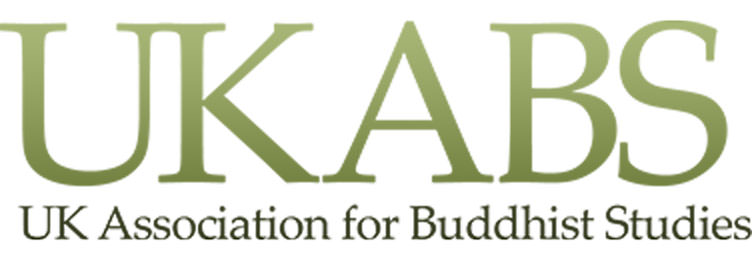
This meeting of the Sacred Traditions & the Arts seminar will explore the intersection between poetry and politics in representations of Buddhist and Hindu traditions.
7 Oct 2024
18:00 – 19:30
Free, booking essential
Vernon Square Campus, Lecture Theatre 2
This event takes place at our Vernon Square campus (WC1X 9EW).
Series: Sacred Traditions and the Arts
Poetry and Politics in Buddhist and Hindu Visions of Self and Other – The Courtauld
Dr Sujatha Meegama (The Courtauld) will speak on ‘Envisioning Kingship in Early Modern Sri Lanka’:
With the violent destruction of temples—both Buddhist and Hindu—during Sri Lanka’s first encounter with a European colonial power, little remains of monuments, sculptures, and paintings from sixteenth century Sri Lanka. To understand the visual culture from this tumultuous time, one must turn to the gifts produced for Portuguese patrons. These ivories provide rare glimpses into the courtly and religious traditions of Sri Lankan royalty—portrayed as bodhisattva-like kings seated at court, these rare depictions illustrate an aspect of sixteenth-century kingship that has not yet been examined at length before. This paper locates these ivory carvings within traditions of visualising the historical Buddha on a throne surrounded by a retinue of guardian figures, while placing poetic descriptions of kings in dialogue with ivory carvings to further understand how kingship was envisioned in sixteenth-century Sri Lanka. Such visual and textual comparisons suggest the significance of the divinity of kings, invoking both Buddhist and Hindu traditions.
Dr Ankur Barua (Faculty of Divinity, University of Cambridge) will speak on ‘The Lure of Love: Engendering Longing for Krishna’:
Central to many forms of Hindu devotional love (bhakti) is the paradox that God is the “intimate stranger”: God remains interwoven with the sinews of the human heart, but because we are estranged from God we are unable to discern God’s subtle presence. The (seeming) absence of God becomes a moment of unbearable anguish, yet this very absence can become a site of cultivating God-centredness. Over the last millennium, this leitmotif has been vividly expressed in numerous styles of literature, architecture, and the performative arts – and, occasionally, Bollywood film songs. I will explore it in the symbolic poetry of Śrīmanta Śaṅkardeva (Assamese: 1449–1568) and Rabindranath Tagore (Bengali: 1861–1941). By singing two of their songs, I will invite the audience to “savour” a distinctive style of Hindu theological inquiry that is articulated through the sentiments of despair, deference, and delight.
Following this pair of papers and discussion between the speakers, there will be an opportunity for audience members to ask questions and contribute to the discussion. Refreshments will be provided.
Organised by Dr Caroline Levitt (The Courtauld) and Professor Ben Quash (KCL), as part of the seminar on Sacred Traditions and the Arts, a joint venture between the Department of Theology and Religious Studies at King’s and The Courtauld. It seeks to place researchers in dialogue who are working on any aspect of the sacred and visual culture. It is open to all scholars and students who have an interest in exploring the intersections of religion and art regardless of period, geography or tradition.Book tickets
Speakers
Dr Ankur Barua (Faculty of Divinity, University of Cambridge) works on Vedāntic Hindu philosophical theology and Indo-Islamic styles of sociality. He researches the conceptual constellations and the social structures of the Hindu traditions, both in premodern contexts in South Asia and in colonial milieus where multiple ideas of Hindu identity were configured along transnational circuits between India, Britain, Europe, and USA. An integral dimension of Ankur’s research is the comparative philosophy of religion. He studies the theological and the socio-political aspects of Hindu–Christian engagements. In recent years, his research focus has moved to an exploration of the intersections between the idioms of bhakti, yoga, tawḥīd, and taṣawwuf on the multiply-stratified postcolonial landscapes of South Asia.
Dr Sujatha Meegama (The Courtauld) received her MA in Japanese studies from Stanford University and her doctorate in South Asian art and architecture from UC Berkeley. She is the editor of Sri Lanka: Connected Art Histories (Marg, 2017) and has published journal articles in Artibus Asiae and Archives of Asian Art. She has a forthcoming book from University of Hawai’i Press on patronage of Buddhist and Hindu temples in Sri Lanka. Her current research interests range from informal shrines in modern-day Singapore to Sri Lankan ivories made for the consumption of Portuguese, Dutch, British, and Sri Lanka Buddhist patrons
